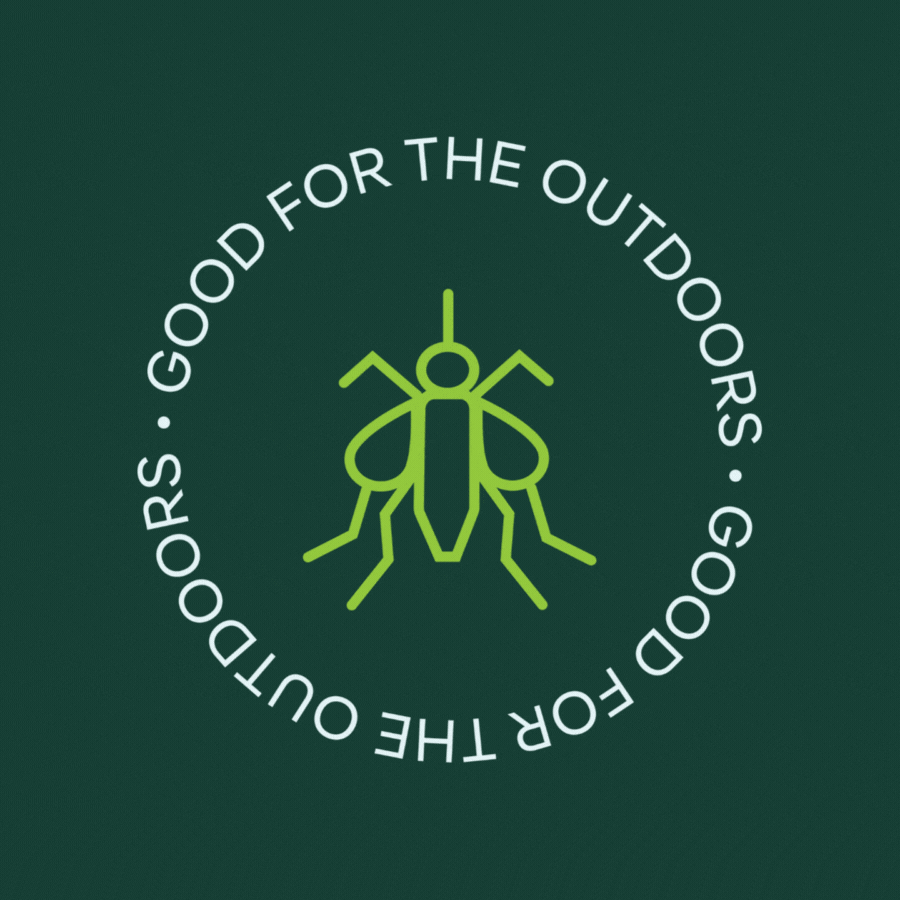Keeping kids safe when exploring the outdoors is an important part of helping them learn to love our wide, wonderful, natural world. And teaching them to regularly apply insect repellents is part of that. But the world of insect repellents can feel confusing and complicated—after all, do kids really need bug spray? What ingredients are safe for them? And what exactly is the best insect repellent for kids?
But don’t worry: we’re here to help. Here’s what you need to know about the best insect repellent for kids, plus some expert insight from Dr. Hannah Kopelman, dermatologist at DermOnDemand.
Why Insect Repellent is Important, Even for Kids
Reminding kids to put on insect repellent before heading outside can become a major chore—especially if you’re the one having to put it on yourself! But insect repellent is an important part of kids’ outdoor safety.
That’s because bug bites of all kinds are annoying and painful, no matter the age, and insects are fond of both 5- and 50-year-olds. Plus, kids are more likely to furiously scratch at whatever bug bites they do end up with, leading to bleeding, scarring, and even infection.
That’s not even mentioning insect-borne diseases like Malaria, West Nile Virus, and Lyme disease. Many of these diseases can have terrible effects on children, but they can be prevented with the right protective measures. A good insect repellent keeps mosquitoes and ticks away from your kids, keeping them safe from bug bites and bug-borne diseases.
The Insect Repellent Ingredients That Can Be Used On Kids
“When selecting a repellant, it's crucial to prioritize products that are both safe and effective, particularly for young, sensitive skin,” says Dr. Kopelman.
Thankfully, many insect repellent products on the market have been tested (and proven safe) for children, but there are a few things to keep in mind when considering insect repellent ingredients.
“Natural ingredients, such as lemon eucalyptus oil or citronella, are often recommended for children as they tend to be gentler than chemical alternatives like DEET,” says Dr. Kopelman. Oil of lemon eucalyptus is a popular insect repellent ingredient that’s proven to be effective at keeping away pesky mosquitoes, though it shouldn’t be used on children under the age of three.
It works by masking the scents that attract mosquitoes, essentially making those pesky insects nose-blind. (Oil-based repellents also have less of that distinct bug spray smell, a definite pro for parents who already have to deal with slightly smelly children.)
What About DEET?
DEET can be used on kids, if used correctly: “DEET in low concentrations is still considered safe for older children,” says Dr. Kopelman. It also shouldn’t be used on infants or in concentrations above 30%.
The limits around its use are why some families turn to botanical insect repellents instead, though it should be noted that the American Academy of Pediatrics also recommends using DEET if your family is traveling to a part of the world with a known malaria risk.
The Best Insect Repellent for Kids
Oil of lemon eucalyptus insect repellents offer a great balance between effectiveness and gentleness. They’re the perfect product for the sensitive skin of little ones, while still keeping them ultra-protected from mosquitoes, ticks, and all kinds of other creepy crawlers.
An oil of lemon eucalyptus spray—like Murphy’s Mosquito & Tick Repellent Spray—is a great all-purpose option for protecting the whole family. Dealing with a few squirmy little ones? Look for a repellent that comes in wipe form—check out our Mosquito Repellent Wipes—to make sure the product is applied only where it’s needed, quickly. It’s the ideal on-the-go option too!
The Right Way To Apply Insect Repellent on Kids
Even the best insect repellent is no use if it’s applied incorrectly. Here are a few guidelines and tips to keep in mind when applying insect repellent onto little explorers.
- Dr. Kopelman reminds parents to “avoid applying repellant on irritated or broken skin.” Bug sprays are meant to be applied topically—not directly into your bloodstream.
- There’s no need to spray insect repellent on skin that won’t be exposed, either. Not only will you be wasting perfectly good bug spray, but the repellent that’s left to sit underneath clothing can rub against it, causing rashes or fabric discoloration.
- Don’t spray insect repellent into kids’ faces. Instead, apply it to your hands, rub them together, then use your hands to spread it around their face.
- And speaking of hands, don’t apply any insect repellent onto younger kids’ hands, either. They’re likely to rub their face without remembering there’s bug spray on them, getting it into their eyes.
The world of insect repellents can seem confusing. But a good bug spray can make your family’s outdoor experiences so much better—and so much safer.
If you still have questions about insect repellent and your kids, follow Dr. Kopelman’s advice: “Consult your pediatrician if you have concerns about specific products,” and “always follow label instructions carefully.”

